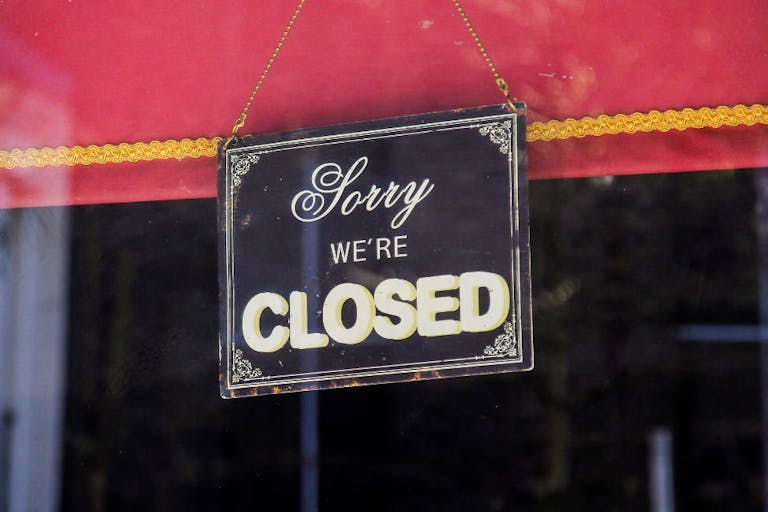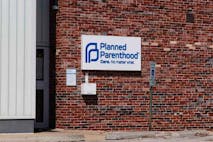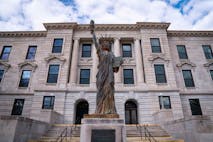
Christian college allows pro-life club after resolving 'misunderstanding'
Bridget Sielicki
·
Utah House passes pro-life bills, including one to shut down abortion-only facilities
Update 2/21/23: The Utah House of Representatives passed two bills in party-line votes of 53-14. The first bill would prohibit abortion outside of hospitals and ban facilities that only commit abortions. It would also prohibit the licensing of abortion clinics after May 2, 2023, and prevents out-of-state abortionists or abortion groups from prescribing abortion pills to people living in Utah.
The second bill to pass would expand care for rape and incest survivors including health care for the survivor and any child who was conceived during the sexual assault both during pregnancy and for one year after the child is born. It would also expand existing laws that instruct abortionists to verify the rape or incestual act to authorities.
Each bill would restrict abortion following rape or incest to the first 18 weeks of pregnancy. Abortion is currently legal through 18 weeks in the state despite the pro-life supermajorities in both the Senate and the House. The state’s trigger law, protecting all preborn children from abortion following the fall of Roe v. Wade is currently blocked by courts as Planned Parenthood sues the state to prevent the law from taking effect.
Both bills will now head to the Senate where they are expected to pass.
2/18/23: A bill that would close every abortion facility in the state of Utah is making its way to the state House.
House Bill 467 would stop the licensing of abortion facilities in May of 2023, with all abortion facilities shut down by 2024. Abortions could only be committed in hospitals.
“[I]t is the state’s responsibility to protect the most vulnerable, and that includes the unborn,” Karianne Lisonbee, who sponsored the bill, told the Salt Lake Tribune. “We have worked closely with area doctors and hospitals to ensure that our statute strikes the best balance in protecting innocent life and protecting women who experience rare and dangerous complications during pregnancy.”
Article continues below
Dear Reader,
Have you ever wanted to share the miracle of human development with little ones? Live Action is proud to present the "Baby Olivia" board book, which presents the content of Live Action's "Baby Olivia" fetal development video in a fun, new format. It's perfect for helping little minds understand the complex and beautiful process of human development in the womb.
Receive our brand new Baby Olivia board book when you give a one-time gift of $30 or more (or begin a new monthly gift of $15 or more).
HB 467, along with House Bill 297, passed the House Judiciary Committee on Wednesday. HB 297 would expand resources for victims of rape, while also reinforcing the requirement that medical providers must verify a rape has happened before committing an abortion. All exceptions to abortion would also be limited to 18 weeks of pregnancy.
Currently, the state of Utah has six abortion facilities: two which commit surgical abortions, and four which commit chemical abortions. A “hospital” is defined in the bill as a licensed hospital, or a state-certified clinic or medical facility which gives the same standard of care as a hospital.
“The provision that just discontinues the licensing for abortion clinics is because they generally perform elective abortions,” Lisonbee said. “Any abortion that would happen would be in a clinical or in a hospital setting, but we are certainly not pigeonholing patients into one type of service in this bill.”
Utah’s trigger law, which protects nearly all preborn children from abortion, is currently blocked by a court injunction, following a lawsuit from Planned Parenthood. Lisonbee is optimistic that injunction will eventually be lifted, and that their mission to protect preborn life will be successful.
“In Utah, we deeply value human life in all stages and in all circumstances. It’s the state’s responsibility to protect the most vulnerable (including) the unborn,” Lisonbee said before the House committee. “At the same time, we have worked closely with area hospitals and doctors to ensure that our statute strikes the very best balance of protecting innocent life and protecting women.”
Live Action News is pro-life news and commentary from a pro-life perspective.
Contact editor@liveaction.org for questions, corrections, or if you are seeking permission to reprint any Live Action News content.
Guest Articles: To submit a guest article to Live Action News, email editor@liveaction.org with an attached Word document of 800-1000 words. Please also attach any photos relevant to your submission if applicable. If your submission is accepted for publication, you will be notified within three weeks. Guest articles are not compensated (see our Open License Agreement). Thank you for your interest in Live Action News!

Bridget Sielicki
·
Activism
Bridget Sielicki
·
Analysis
Angeline Tan
·
Politics
Bridget Sielicki
·
Politics
Mark Wiltz
·
Analysis
Cassy Cooke
·
Analysis
Cassy Cooke
·
International
Cassy Cooke
·
International
Cassy Cooke
·
Politics
Cassy Cooke
·
Pop Culture
Cassy Cooke
·